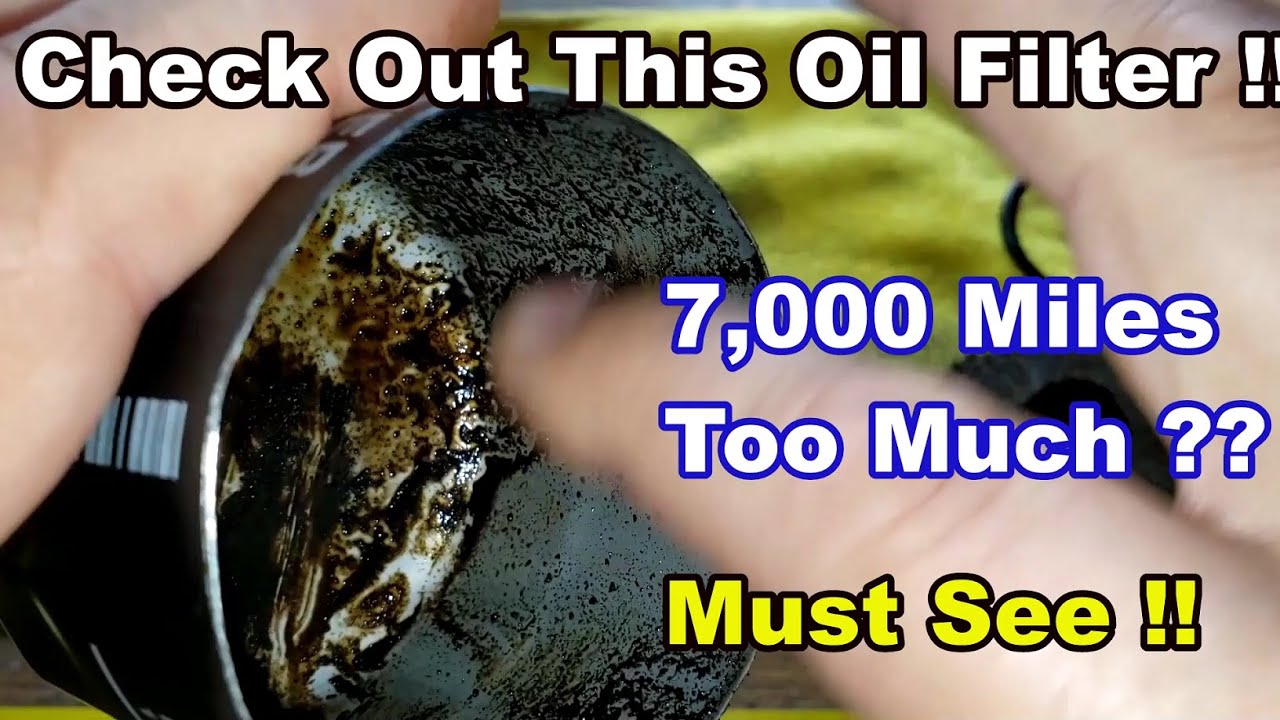Hello Everyone.
Check out this review.
…not too pretty!

 youtu.be
youtu.be
Check out this review.
…not too pretty!

Mazda Oil Filter 1WPE-14-302 Cut Open, Used Mazda Oil Filter Cut Open
Oil Filter Inspection. #Mobil #Motorcraft #Supertech #WixToday we'll open up a used Mazda oil filter that came off of a 2017 Mazda 3. Let's see what's inside...
